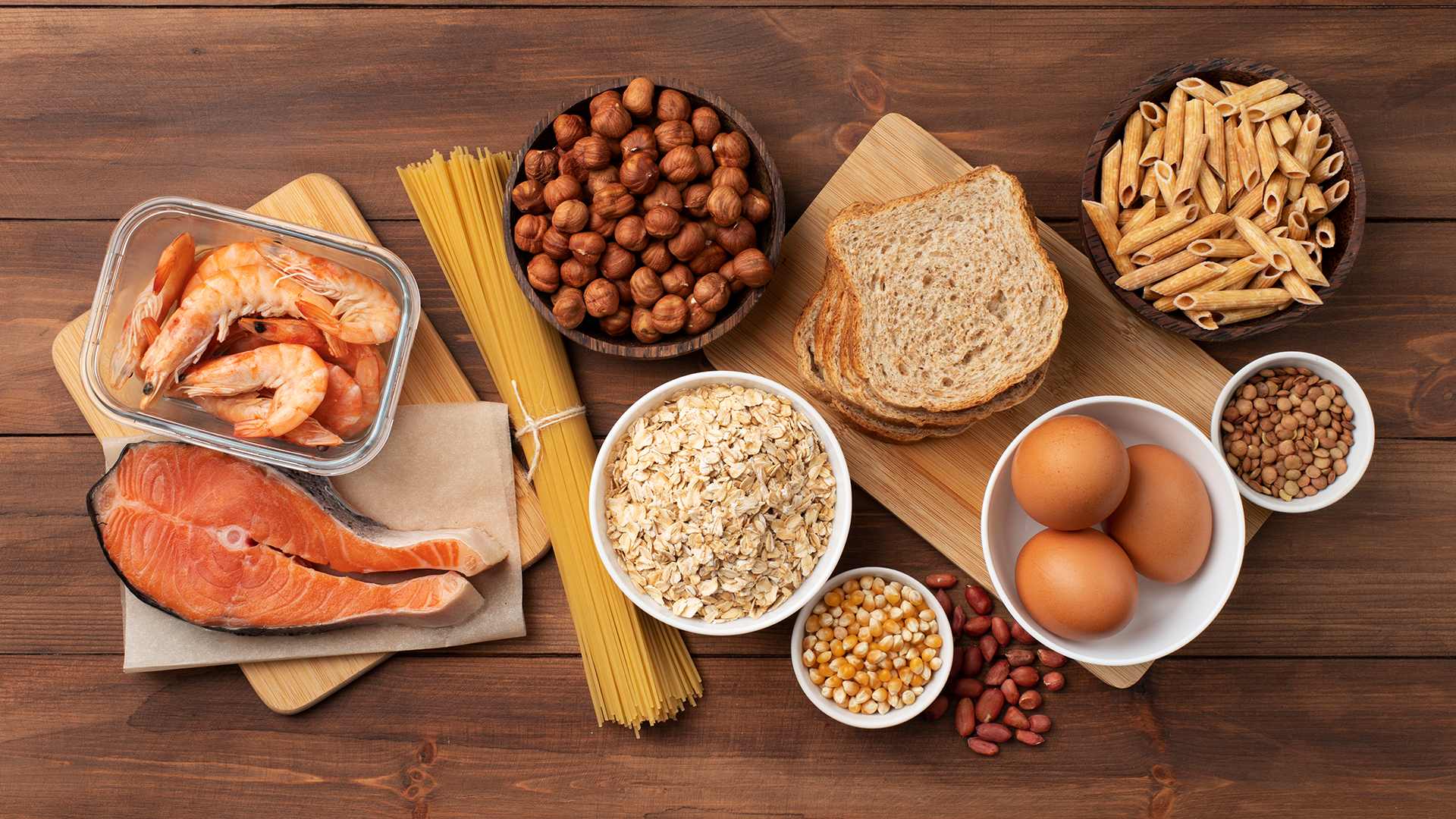
Protein Deficiency Diseases List
Let’s talk about something super important for our health that we don’t always pay enough attention to, protein! Did you know protein is the building block for almost everything in our bodies? From our muscles to our bones, skin, hair, and even our blood, protein is the real hero. Let’s explore the protein deficiency diseases list!
Introduction
Protein deficiency is when we’re not giving our bodies enough protein to do all their important jobs. It’s a bit sneaky because sometimes the signs are mild and easy to miss. But other times, it can lead to some really serious diseases. Because protein is involved in so many aspects of our body’s functions, the effects of not having enough can be far-reaching.
Protein deficiency diseases
1. Kwashiorkor
Have you heard of Kwashiorkor? It’s a severe form of malnutrition that mostly affects kids in areas where there’s not enough food to go around. The hallmarks of this disease are swelling (edema), poor growth, and muscle loss.
What’s behind this? Well, it’s usually not getting enough protein, especially if there’s still a lot of carbohydrates in the diet.
2. Marasmus
Marasmus is another serious form of malnutrition, and it’s often seen in kids who live in poverty-stricken areas. It’s brought on by not having enough of all types of calories, including protein.
It’s heartbreaking, but marasmus causes extreme weight loss and wasting away muscle and body fat. Children suffering from marasmus often look skeletal, with ribs and other bones visible under the skin.
3. Edema
Okay, so edema isn’t a disease in itself. But, it’s a major symptom in protein deficiency conditions like Kwashiorkor. Protein has an important job of keeping fluids balanced within our bodies.
If there’s insufficient protein, fluid can start to build up in certain body parts, leading to swelling. You’ll usually notice this in the legs, feet, and abdomen.
4. Anemia
Anemia happens when your blood lacks healthy red blood cells or hemoglobin. There can be many causes, but protein deficiency can be one. If your protein intake is low, it can lead to fewer of these cells being produced, which results in anemia.
5. Impaired Immune Function
Proteins are the unsung heroes of our immune system. They help produce antibodies, immune system cells, and other components that defend against illness.
So, if protein levels are low, it’s like taking the shield away from a knight: our immune system’s function can be weakened. It leaves you more open to infections, slows healing, and weakens your body’s defense system.
6. Decreased Growth in Children
Protein is a key player in growth, especially in children. If a kid’s diet doesn’t have enough protein, they can experience stunted growth or development.
It isn’t just a short-term issue; it can have long-lasting impacts on a child’s life, including reduced physical and mental capabilities.
7. Cachexia
Cachexia is a complex metabolic syndrome that’s characterized by muscle loss. Although it’s often linked with diseases like cancer, HIV, and heart failure, protein deficiency can also contribute to its development.
The syndrome can lead to extreme weight loss, muscle atrophy, fatigue, weakness, and a significant loss of appetite.
Symptoms of Protein Deficiency
First off, you may see muscle loss. It sounds harsh, but when your body lacks protein, it can use muscle for energy. Then there’s tiredness. Protein keeps your body running smoothly, helping make new cells and keep your metabolism going. Without enough, you might feel tired, even after plenty of sleep.
Skin problems? Those can signal protein deficiency too. If your skin is dry, flaky, or rash, it could be due to a lack of protein. Hair loss is another big sign. Swelling or edema, especially in your legs, feet, or stomach, could also be a symptom of protein deficiency, particularly in severe protein deficiency.
More serious signs include a weakened immune system or slowed growth in kids. Proteins are key for a strong immune system and normal growth. If you or your little ones are often sick or aren’t growing as expected, low protein might be the reason.
Even mood changes and mental health issues can hint at protein deficiency. Our brains use amino acids (the building blocks of proteins) to make chemicals that control mood. When these chemicals are out of whack, it can lead to mood swings or anxiety.
Protein-Rich Foods For The Win
So, you’re ready to power up your diet with more protein, right? It isn’t just about protein shakes or eating a ton of chicken. A whole menu of delicious, protein-packed foods is out there for you!
You’ve got lean meats- think turkey, chicken, and lean cuts of beef. They’re full of flavor and protein. Then there are fish like tuna, salmon, and sardines, all great protein options. For our veggie friends, there are eggs, dairy, legumes, and soy products – they’re also great protein source.
Don’t forget about nuts and seeds! Almonds, pistachios, chia, and flax seeds may be small but loaded with protein. And legumes, like chickpeas, lentils, and beans? These are serious protein champions.
Soy products, including tofu and tempeh, are full of protein too. And surprise, some grains are also rich in protein! Quinoa and buckwheat are perfect if you’re looking for a little variety.
The Final Word
Here’s the takeaway: getting enough protein is non-negotiable for our bodies to run at their best. A protein deficiency can trigger a whole range of diseases and health issues. But the good news is, by knowing the symptoms and keeping our diets protein-packed, we can help keep our bodies in tip-top shape.

















